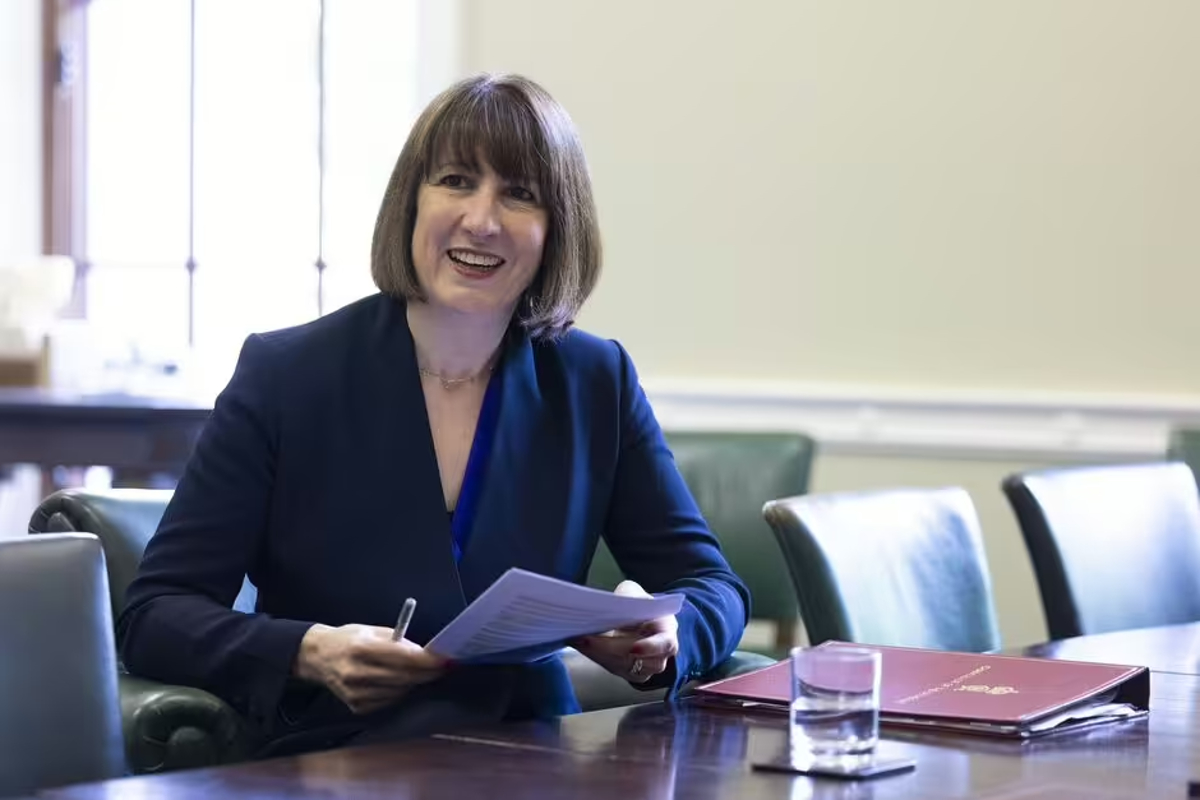Public wary of tax rises as economists warn on ‘disappointing’ fiscal progress
Although the public are opposed to tax rises in general, there are a couple of taxes which could go up with popular support. Perhaps unsurprisingly, these are taxes which most people do not pay.


New research suggests that only one in seven Brits support raising taxes as Labour grapples with a challenging fiscal position ahead of the next Budget.
According to research from polling firm YouGov, just 15 per cent of Brits support increasing taxes while 41 per cent think taxes should be kept at their present level.
Although the public are opposed to tax rises in general, there are a couple of levies that could go up with popular support. Perhaps unsurprisingly, these are taxes that most people do not pay.
Some 58 per cent of people support an increase in the top rate of income tax and 56 per cent favour raising corporation tax, both of which Labour has pledged not to increase.
Beyond these two, 41 per cent back an increase in capital gains tax, an option Labour is rumoured to be considering ahead of the Autumn Budget.
“People generally support increasing taxes they won’t have to pay, particularly those that apply mainly to the rich. This fits with a wider perception that the rich aren’t paying their fair share,” YouGov noted.
The least popular increases would be to council tax or VAT, supported by just nine per cent, and the basic rate of income tax, with only 13 per cent of the public favouring an increase.
The research comes after the latest government borrowing figures revealed the challenges facing Rachel Reeves ahead of the Budget.
Borrowing came in well ahead of expectations in July as public sector spending exceeded forecasts. Already this financial year the government has borrowed £4.7bn more than the Office for Budget Responsibility (OBR) predicted back in March.
“Today’s numbers confirm that fiscal progress remains disappointing so far this year and strengthen our view that the government will be forced into some tax rises,” Philip Shaw, UK economist at Investec, said.
Reeves has all but confirmed that she will raise taxes in the Budget, claiming that the Conservatives left behind a worse fiscal inheritance than she had realised during the election campaign.
An internal Treasury audit, commissioned by the Chancellor upon entering office, revealed a £22bn blackhole in the public finances.
Reeves has already announced a £5.5bn package of spending cuts to help fix the public finances, but she will have to go further come October if she wants to meet her fiscal rules.
YouGov’s research suggests that the public would support further spending cuts. Some 58 per cent of those polled think that spending cuts are necessary while 20 per cent disagree.



